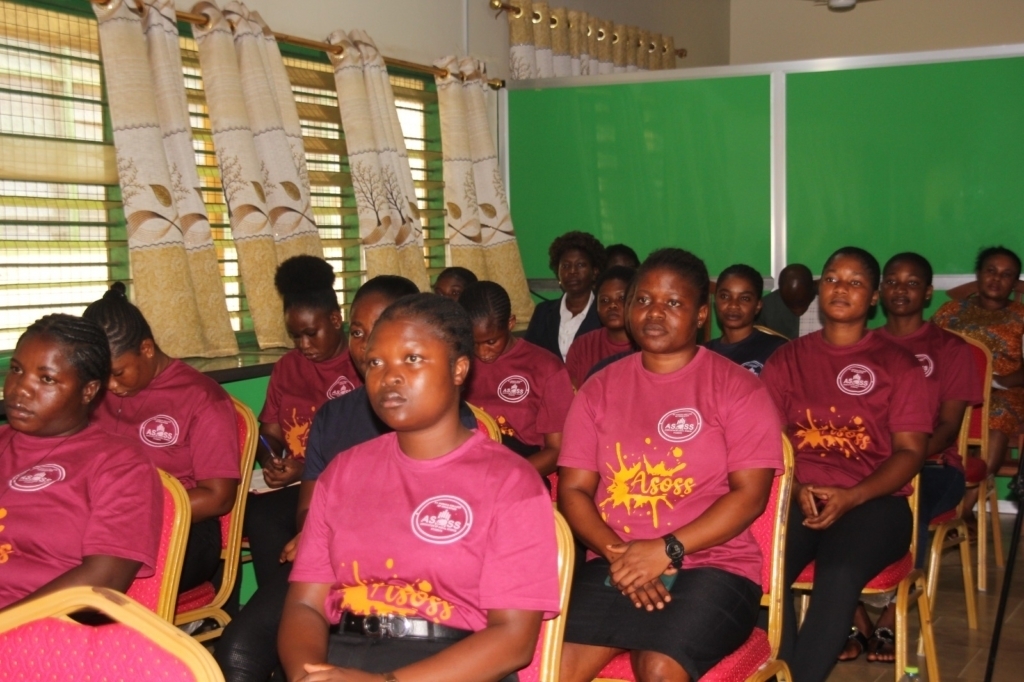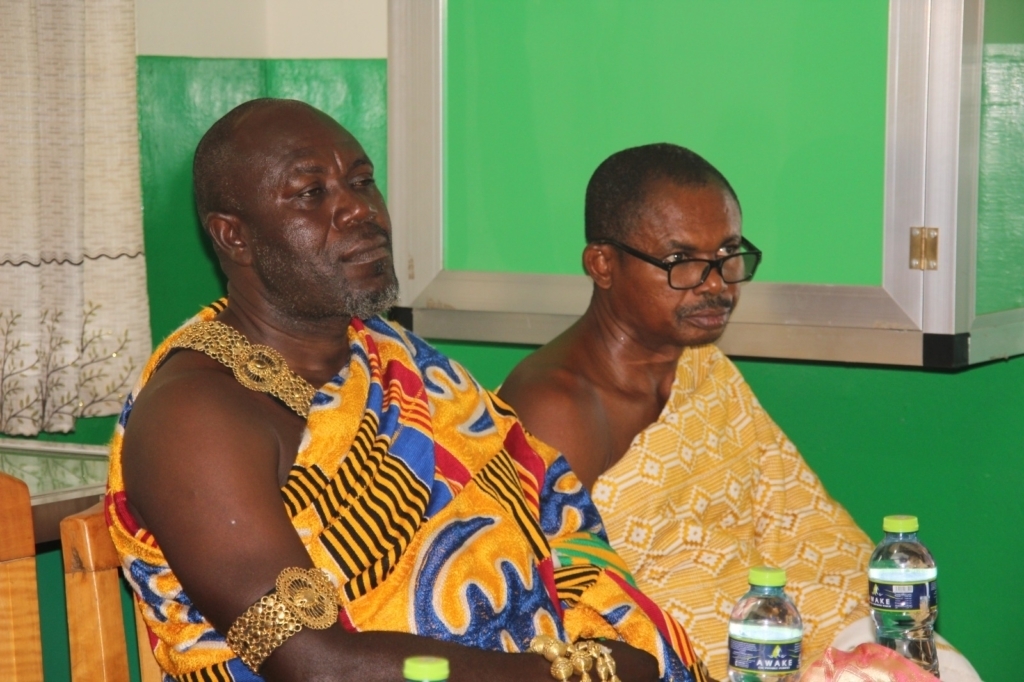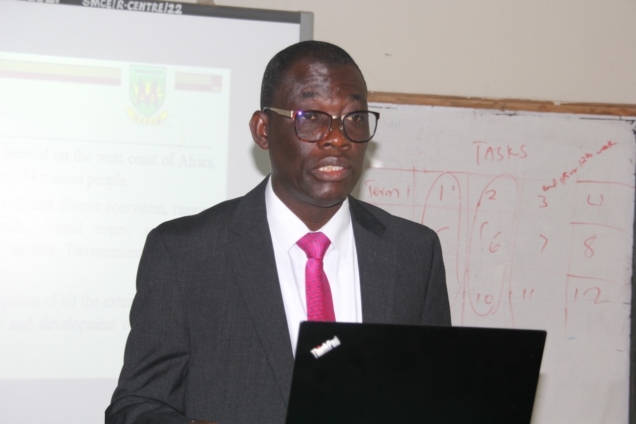Indigenous communities have vital knowledge about the local ecology which needs to be harnessed to preserve biodiversity and promote a balance in the ecosystem.
According to the Principal of St. Monica's College of Education, Dr. David Okyere Korankye, any endeavour to remedy the problem of environmental degradation will be ineffective unless adequate alternative livelihoods are provided.
Speaking at a public lecture at St. Monica's College of Education on environmental degradation in Ghana, Dr. Korankye said he believes indigenous people provide strong communal systems for managing natural resources, including forests and water bodies.
“Sustainable and viable alternative livelihood; I am poor and at the same time hungry – I want to eat so when you are telling me that I should not do galamsey - I should not cut down trees for firewood then what alternative are you putting there for me?” Dr. Korankye asked.

He believes the government should give significant consideration to the country's job predicament.
“When you go to these galamsey sites, they are mostly young people and their minds are that they want what they will eat – nothing else. So if you want to stop them, then you have to provide alternatives,” he added.
According to him, indigenous knowledge in plant and animal species, habitats and relationships needs to be harnessed to preserve biodiversity.
He said incorporating local decision-making processes and empowering traditional leaders remain essential in sustainable land and resource management.
Dr. Korankye further stated that traditional ecological knowledge can be used to guide the selection and sustainable harvesting of medicinal plants, the preservation of sacred forests and biodiversity hotspots, and the preservation of traditional seeds and crop varieties.
The Principal noted that indigenous communities have developed effective methods for water conservation and management.
He believes traditional rainwater harvesting techniques, such as building small reservoirs and underground storage systems, can help capture and store water during the rainy season for use during the dry season.
Indigenous groups in Ghana have been actively participating in community-based conservation activities for many years.

They create community-managed protected areas, wildlife sanctuaries, and sustainable hunting and fishing techniques. These projects not only conserve biodiversity but also give economic opportunities for communities through eco-tourism and sustainable resource utilisation.
According to Dr. Korankye, it is critical to recognise and appreciate indigenous knowledge and practices in combating environmental degradation in Ghana.
Environmental deterioration has far-reaching consequences in Ghana, affecting various facets of the country's socioeconomic growth.
It has resulted in biodiversity loss, with many plant and animal species nearing extinction.
The loss of plant and animal species as a result of the destruction of forests, marshes, and other natural habitats has resulted in a decrease in genetic diversity.
The loss of biodiversity has also had an impact on the ecosystem services provided by these habitats, such as water regulation, soil conservation, and climate regulation.
Latest Stories
-
Donewell Life Assurance rebrands to Pinnacle Life Insurance: A new era of excellence
18 mins -
NDC blames ECG’s poor revenue collection for energy sector challenges
20 mins -
MEST Africa, Mastercard Foundation celebrate EdTech Innovations at Demo Day in Accra
24 mins -
AWA reaffirms commitment with FOD Walk during Safety Week
28 mins -
Kuami Eugene hopeful he’ll be first Lynx artiste to survive after leaving the label
39 mins -
Akufo-Addo seeks to use Bawumia to complete Akyem agenda – Asiedu Nketia alleges
42 mins -
National Cathedral: CHRAJ recommends investigation, contract cancellation, possible prosecution
46 mins -
Dr James Orleans-Lindsay wins Man of the Year at 9th EMY Africa Awards
48 mins -
Medical Council to enforce specialist distribution nationwide
1 hour -
Fire guts old Fadama market, man reportedly loses GHC800,000
1 hour -
Nacee bemoans low performance fees for gospel artistes
1 hour -
We don’t operate investment platform – GNPC
2 hours -
Ghana Fact-checking Coalition condemns disinformation on voting by Wontumi FM broadcaster
2 hours -
IFRS 17 will augment and accelerate NIC’s efforts to implement risk-based capital – Deloitte
2 hours -
IFRS 17 is one of biggest changes to financial reporting standards in insurance industry – Deloitte
2 hours

